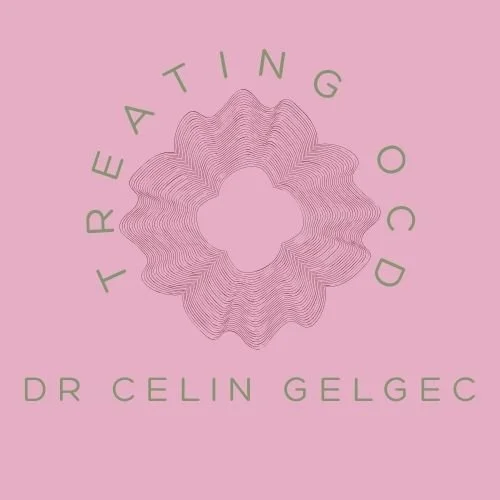Had an interest in working with Obsessive Compulsive Disorder (OCD) but not quite sure where to start? In the workshop I’ll share my knowledge with you in managing the intricacies of OCD by discussing cases and sharing videos of ERP in action. I’ll also provide loads of resources including client ready handouts that have been tried and tested to use in treatment. If you want in, follow the prompts to register and I’ll send you the first link and resources for Session 1.
More about the Workshop
Aim/s Objectives:
The aim of this workshop is to provide you with a clear and concise model that will help guide treatment for OCD. The following learning outcomes are expected to be covered:
(i) Understand OCD within a practical client-friendly framework
(ii) Develop skills in creating hierarchies with clients
(iii) Develop skills in applying mindfulness based principles with ERP
(iv) Develop skills in constructing ERP tasks from a mindfulness based perspective
(v) Developing skills to overcome common hurdles in treatment
The learning outcomes of this workshop will contribute to your CPD by increasing awareness that is needed to deal with the intricacies of OCD. The workshop is suitable for Allied Health Students, Psychologists, Psychiatrists, Mental Health Accredited Social Workers, OT’s, Mental Health Nurses, and other Allied Health professionals working with people with OCD and their families.
Where:
The workshop is delivered online via 4 modules. The modules include video content, readings, and handouts. Once you register, Week 1’s content will be emailed to you. You will also have access to my closed Facebook Group so you can ask questions and have access to further content. If you are not on Facebook then we can still accommodate you via email.
CPD: 6 Hours


